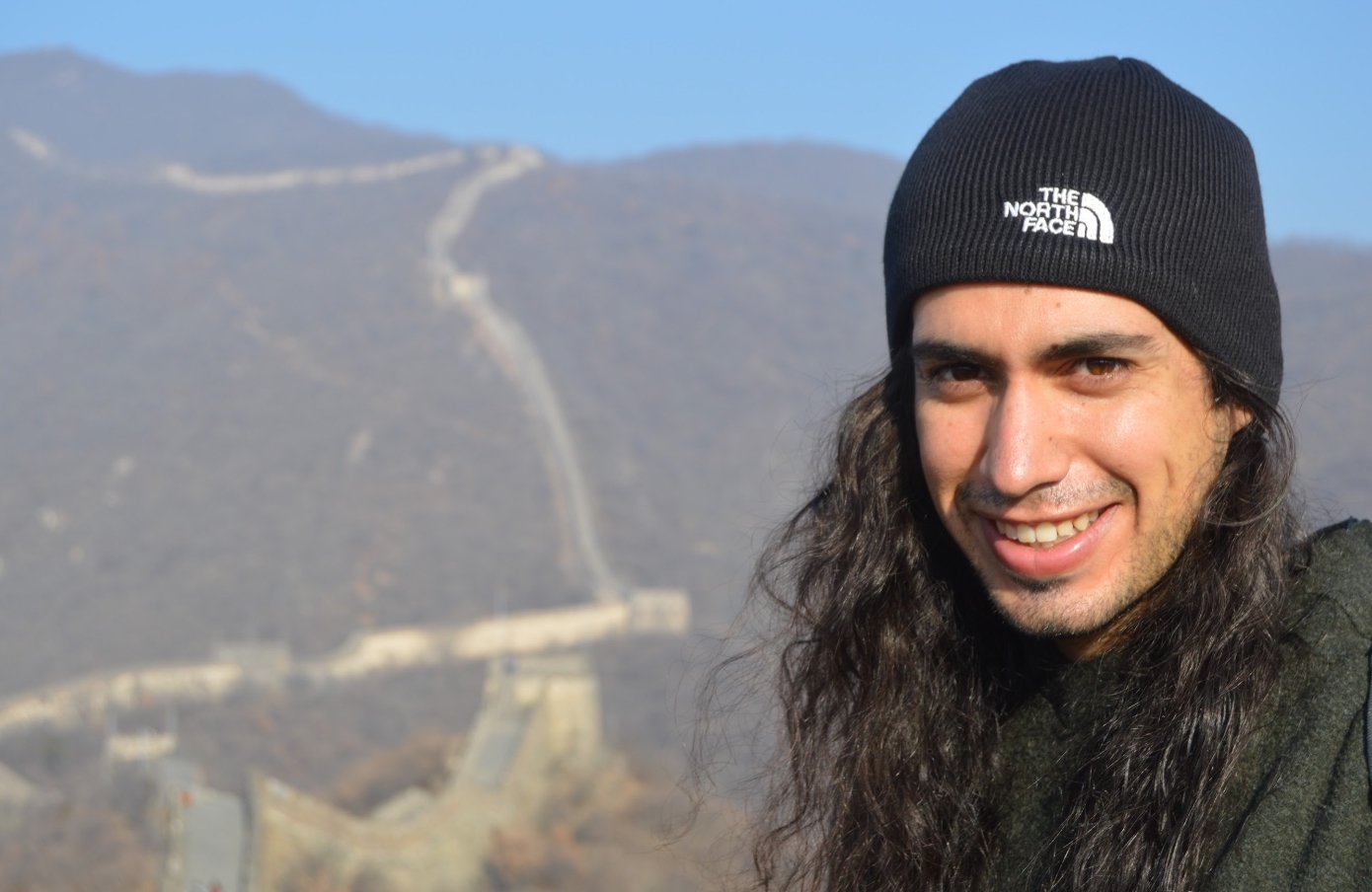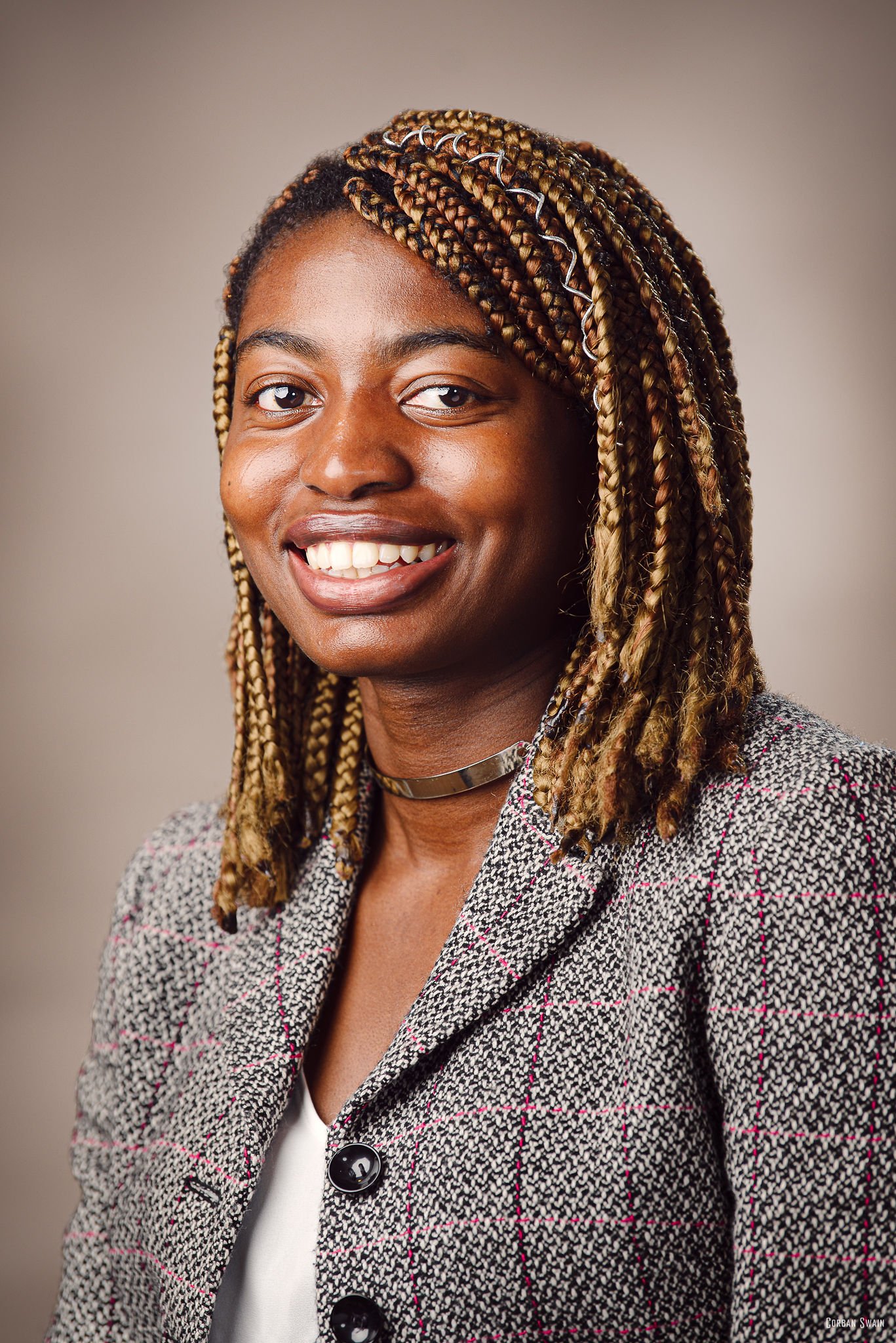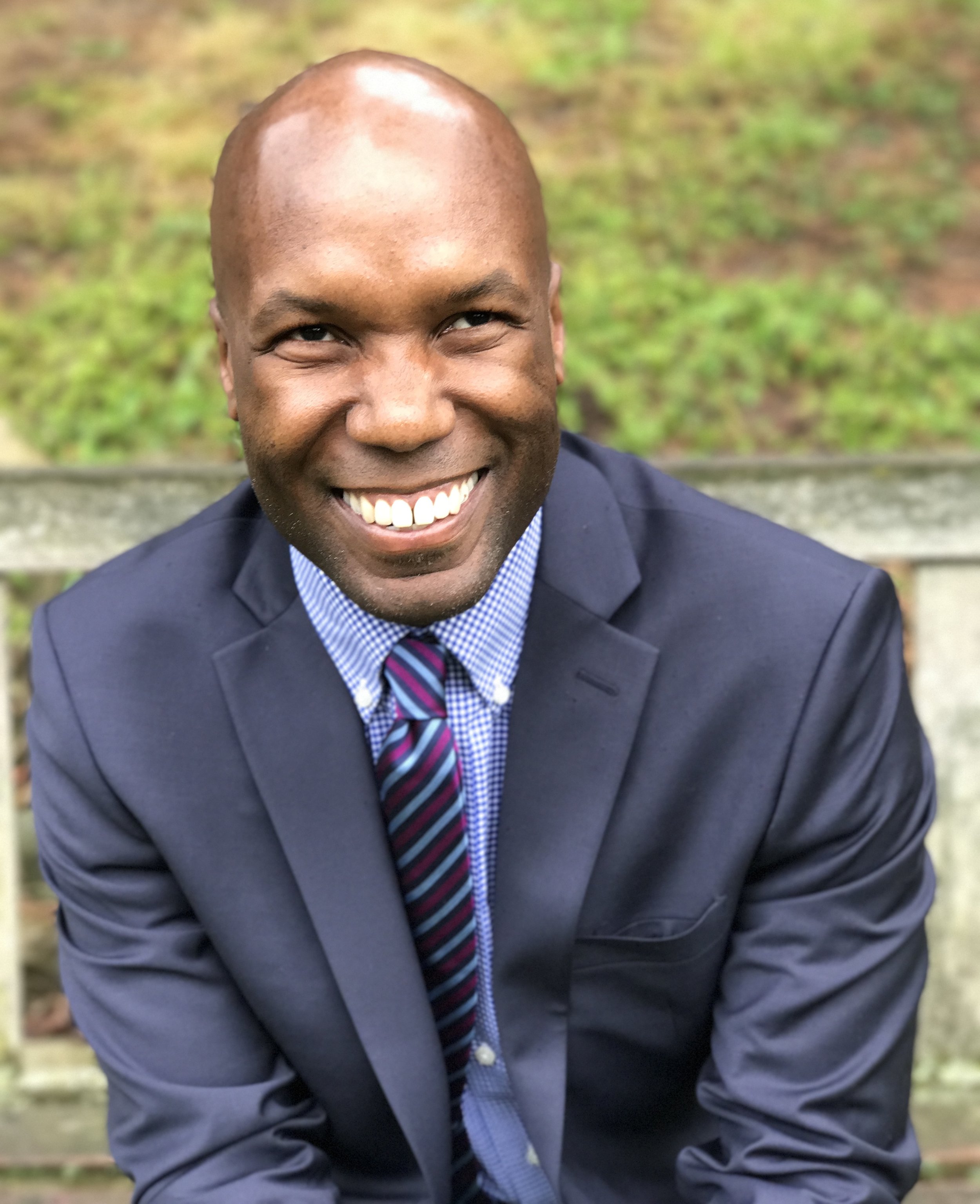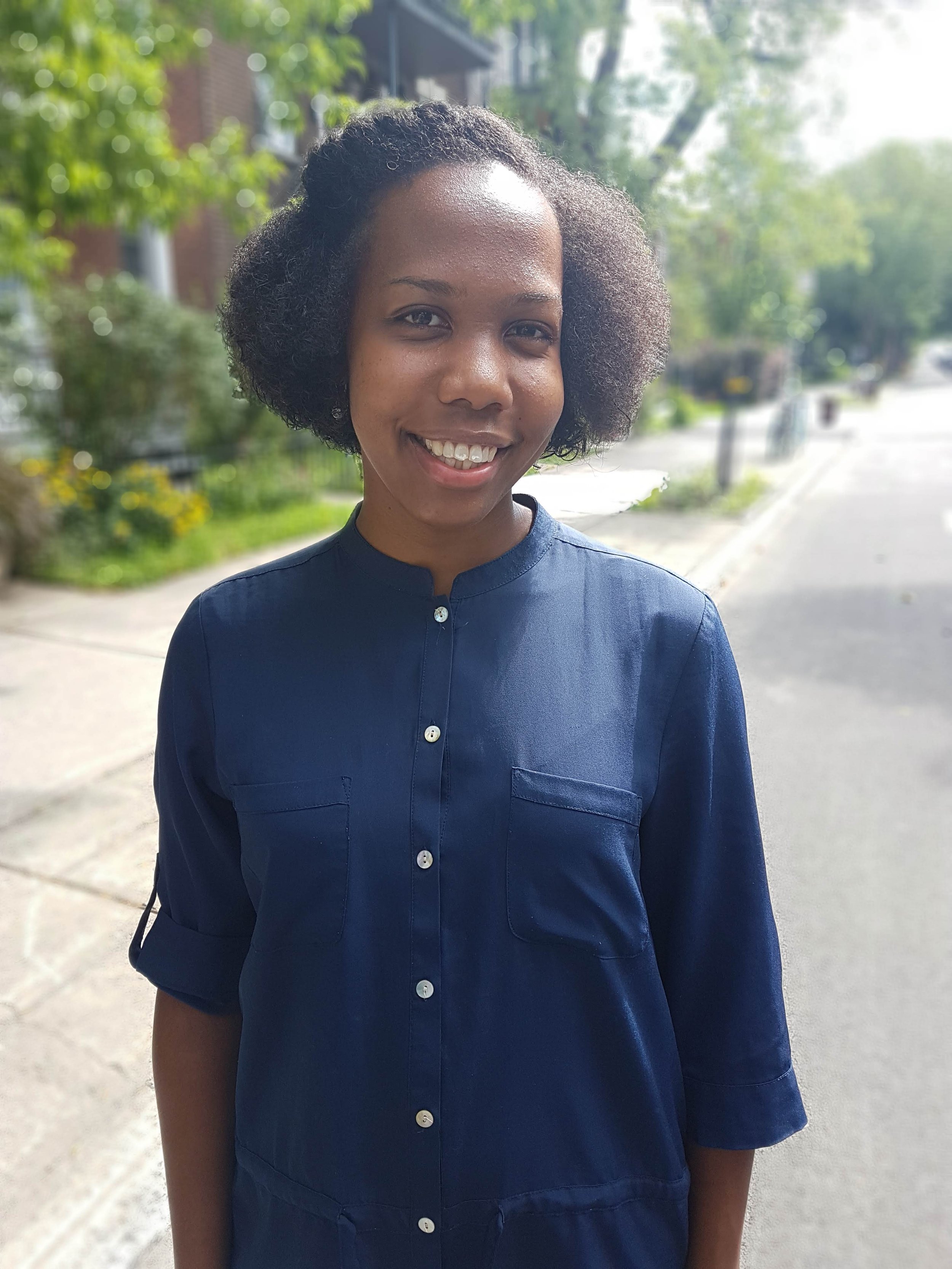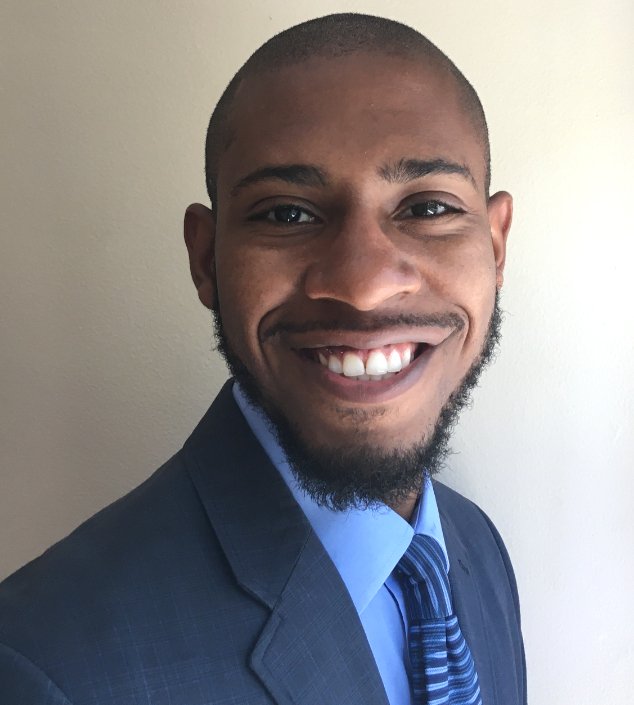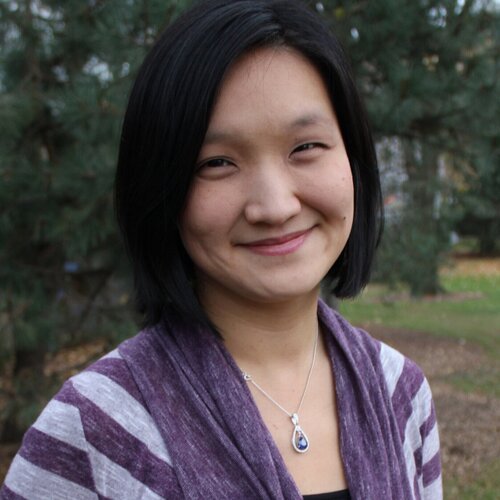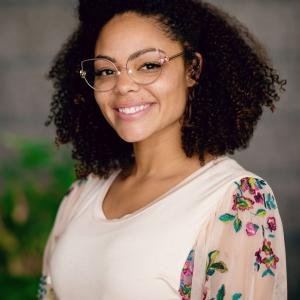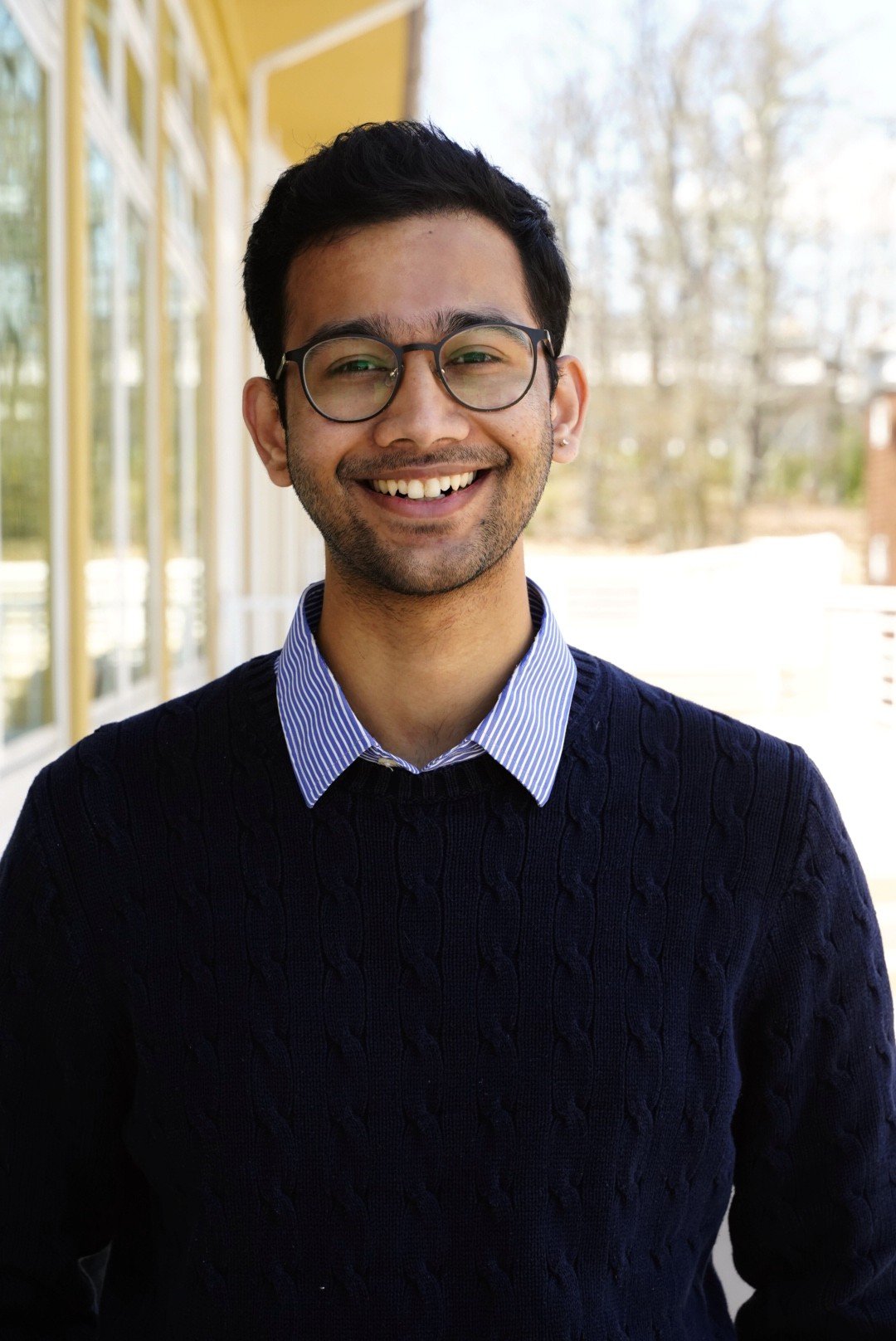Updates Since 2021 - SICSS-Howard/Mathematica Alumni Receive Inaugural Excellence in Computational Social Science Research Awards
This blog post is part of the 2022 series “The Future of Computational Social Science is Black” about SICSS-Howard/Mathematica, the first Summer Institute in Computational Social Science held at a Historically Black College or University. To learn more about SICSS-H/M’s inaugural start, read last year’s blog “Welcome SICSS-Howard/Mathematica 2021” or our first blog “Uncovering new keys to countering anti-Black racism and inequity using computational social science.” If you are interested in applying to participate in SICSS-H/M 2023, check out our website.
On the second day of the 2022 Summer Institute in Computational Social Science sponsored by Howard University and Mathematica (SICSS-Howard/Mathematica) participants were able to hear from SICSS-Howard/Mathematica Excellence in Computational Social Science Research Fund awardees from 2021 about how the funding helped their projects and their future plans.
Project Presentation: “The Impact of Masks on Assessments of Facial Expressions of Pain”
Troy Dildine, PhD candidate, Neuroscience, National Institutes of Health and Karolinska Institutet
Regina Ebo, PhD student, Psychology, University of California, Berkeley
Rashun Miles, PhD student, Social Welfare, University of Mississippi
Yondu Mori, PhD candidate, Communication Sciences and Disorders McGill University
The awardees were brought together by their shared interests in healthcare. Based on shared knowledge of how facial software has a higher accuracy when assessing white faces, the awardees were motivated to assess the pain language, specifically the discrepancy between how black and white patients describe their pain and how doctors’ perceptions of pain change with different racial groups. The team collected data through qualitative surveys with most of the funds used to compensate participants. The awardees expect to apply for more funding to support having another group of participants read the pain descriptions from the first study and rate the level of pain. They hope to investigate bias in how pain is perceived by Black and white perceivers. A planned third study will then continue to focus on pain and racial bias, exploring how the ratings of pain expression of Black and white faces will be, both with and without a mask. For study 3, the research group has already created stimuli and posted them on Open Science Framework.
Project Presentation: “Pre-service Sentiment: Analyzing Transcripts from a Student Avatar Experiment in Classroom Management Simulations”
Todd Hall, PhD student, Education Policy, University of Virginia
Vivian Wong, PhD, Associate Professor, Research, Statistics, and Evaluation, School of Education and Human Development, University of Virginia
According to Hall, “SICSS-H/M is the catalyst for this idea I’d been sitting on.” Hall’s research investigates how pre-service teachers’ description of off-task behaviors and sentiments vary with different phenotypes of student avatars. This project is meaningful in a way that helps to provide insights into the differential selection hypothesis–a hypothesis that fights anti-Black racism by suggesting that “Black students do not exhibit higher rates of misbehavior but are singled out and reprimanded more often”. Hall used the funding mainly for hiring qualitative coders to read the transcripts and annotate the sentiment types, and paying for linguistic dictionaries such as Linguistic Inquiry and Word Count software. During his talk, Hall acknowledged how SICSS-H/M positively influenced him and his project. SICSS-H/M offered an opportunity to learn the fundamentals of sentiment analysis as well as web-scraping techniques, but also helped him to confidently claim his identity as a computational social scientist.
Project Presentation: “Global Crowns: Emotions Surrounding Natural Hair of Black Women Around the Globe” (Website)
Nicole Jenkins, PhD Assistant Professor, Department of Sociology and Criminology, Howard University.
Sri Yeswanth (Yash) Tadimalla, PhD student, Computing and Informatics, University of North Carolina, Charlotte.
Wanting to spread more awareness about the CROWN Act, Jenkins and Tadimalla (alongside fellow SICSS-H/M 2021 alum Marisa Smith), began their project researching the themes and language surrounding natural hair discussions with a focus on differences between educational and workplace settings. This research project was inspired by Assistant Professor Jenkin’s ethnographic dissertation research. “It was really beautiful to see how our project changed over the duration of SICSS-H/M,” said Tadimalla in their talk, alluding to how they were able to combine each member’s expertise to create a three-phase project. During SICSS-H/M 2021, the group did a preliminary Twitter analysis on natural hair and found that the most commonly used “forc[ed] a narrative of how women should or should not look or carry themselves.” A preliminary news media analysis brought to light how Black women’s natural hair often came up in political scenarios, movies and films, and workplace discussions. These awardees plan to use the funding to jump into phase 1 of their project: building a website to collect narrative inquiries about natural hair experiences. Additionally, the group is also in the process of working with the IRB. The group’s plan is to combine and triangulate all the data in phase 2, and in phase 3, create an open-source database for other researchers to use.
Jenkins and Tadimalla were also awarded funding from the 2022 SICSS-H/M Excellence in Computational Social Science Research fund, and are excited to have “an opportunity to enhance the global promotion of our study and enhance the user experience,” which will be “crucial to the success of our project.” The virtual study will aim to “capture the experiences of Black folks around the globe.”
Until Next Time
The SICSS-H/M team wants to again congratulate our 2021 awardees. Additionally, to learn more about the 2021 awardees and their project updates, check out their “Funded Alumni Research in Progress” panels during SICSS-H/M 2022, as well as live Q&A with the 2022 SICSS-H/M Participants. Teams funded a second time will also present during SICSS-H/M 2023.
The Excellence in Computational Social Science Research Fund application will once again be available for SICSS-H/M participants and alumni to encourage engagement across alumni classes during the 2023 institute. We look forward to seeing more exceptional proposals!
For more information about SICSS-Howard/Mathematica, check out our website, follow us on Twitter, like us on Facebook, and join our email list. Apply now!
About the authors
Naniette H. Coleman is a PhD candidate in the Sociology Department at the University of California, Berkeley and a UC-National Lab In-Residence Graduate Fellow (Los Alamos National Lab). Her work sits at the intersection of the sociology of culture and organizations and focuses on cybersecurity, surveillance, and privacy in the US context. Specifically, Naniette’s research examines how organizations assess risk, make decisions, and respond to data breaches and organizational compliance with state, federal, and international privacy laws. Since 2016, Naniette has directed the AAC&U award winning Interdisciplinary Research Group on Privacy/Coleman Research Lab at Berkeley. Naniette holds a Master of Public Administration with a specialization in Democracy, Politics, and Institutions from the Harvard Kennedy School of Government, and both an M.A. in Economics and a B.A. in Communication from the University at Buffalo, SUNY. A non-traditional student, Naniette’s prior professional experience includes local, state, and federal service, as well as work for two international organizations, and two universities.
Maddy Chen is a fourth-year undergraduate student studying Computer Science at the University of California, Berkeley. Maddy has served as a research assistant, project lead, and lab manager in the AAC&U award-winning, Berkeley based Interdisciplinary Research Group on Privacy/Coleman Research Lab. Maddy plans to pursue a career in software engineering after graduation.
Joy Zhou earned her undergraduate degree from University of California, Berkeley in Data Science and Economics. Joy served as a research assistant in the AAC&U award-winning, Berkeley based Interdisciplinary Research Group on Privacy/Coleman Research Lab.

